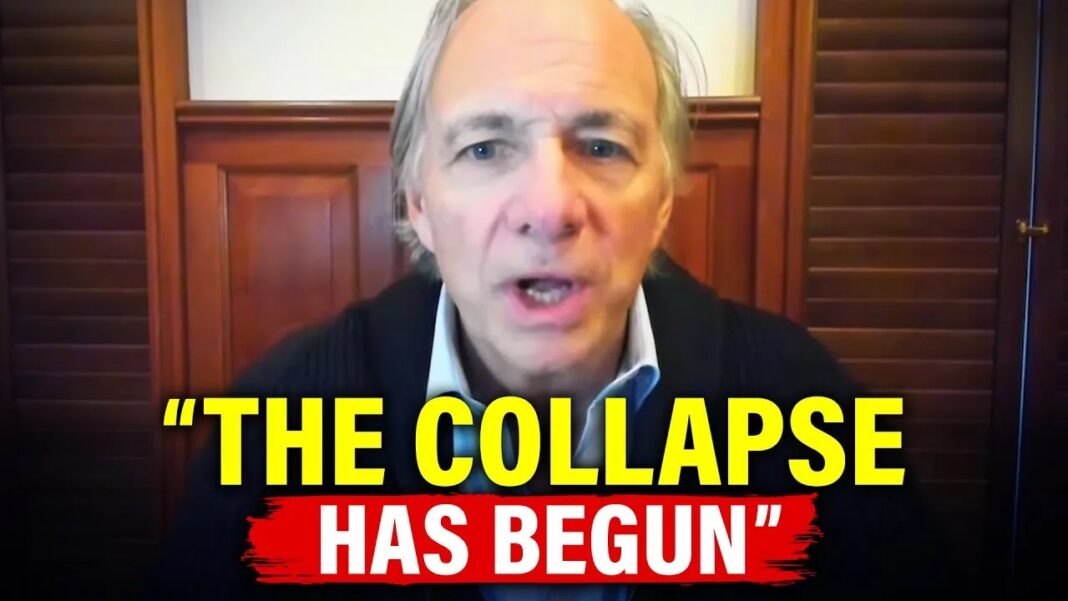The economic landscape we’re facing today is a brutal wake-up call, a stark reminder that history repeats itself, often with a vengeance. We’re caught in a relentless cycle of boom and bust, a pattern as old as time, yet each time it hits, it seems we’re caught off guard, scrambling for solutions. This isn’t just another downturn; it’s a harsh reality check.
At the core of this turmoil is the reckless accumulation of debt. It’s a ticking time bomb that has exploded before, notably in the 1929-1932 period and again in 2008. When the debt bubble bursts, it leaves chaos in its wake. Central banks, those supposed guardians of economic stability, hit a wall when interest rates plummet to zero. Their usual tricks don’t work anymore, so they resort to printing money, buying up bonds left and right, trying to pump life into a flatlining economy.
This isn’t just some abstract monetary policy; it’s a desperate move with real consequences. It’s about survival, about keeping the economic ship afloat in a storm that threatens to sink everyone. Governments and central banks are in a frenzy, digitally creating money, trying to inject liquidity into a system gasping for air.
Must see! – NESARA Reveals: The Ultimate Strategy to Weather the Financial Storm!

But let’s get real – this isn’t just a macroeconomic game. It hits home, hard. It’s about you and me, about our ability to keep our heads above water when the economic tides turn against us. It’s about having the foresight to look at our finances and ask, “Can I weather this storm?” It’s about being brutally honest with ourselves, assessing our income, our expenses, and our savings with a critical eye.
History has shown us time and again that those who survive these crises are the ones who adapt, who reorganize, who face the brutal truth head-on. It’s not just about governments and policies; it’s about individual resilience and preparedness. Education is key, but not the kind you get from a textbook. It’s about financial literacy, understanding the harsh realities of the economy, and preparing for the worst.

And let’s not sugarcoat it – having a plan is not just advisable; it’s essential. It’s about being prepared for the worst-case scenario, about not just surviving but thriving in adversity. It’s about mental toughness, about reducing stress, and making smart decisions under pressure.
In summary, we’re in the midst of an economic maelstrom, a cycle of destruction and rebirth that tests our resilience to the core. It’s a battle, one that requires a clear head, a solid plan, and the guts to face the harsh economic realities head-on. The lessons of history are clear: those who are prepared, who adapt and reorganize, not only survive but emerge stronger. It’s time to brace ourselves, to face the storm with determination and the will to prevail.




